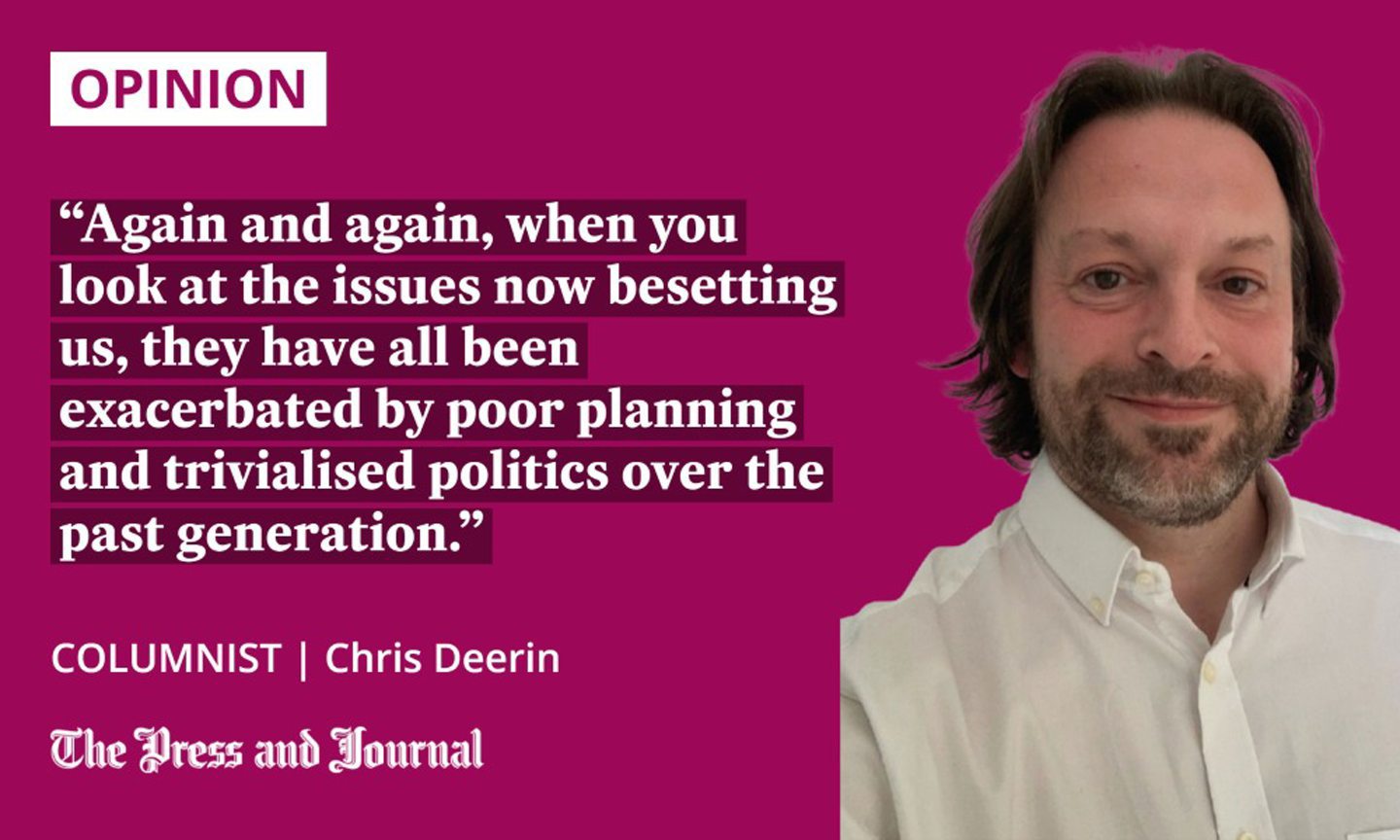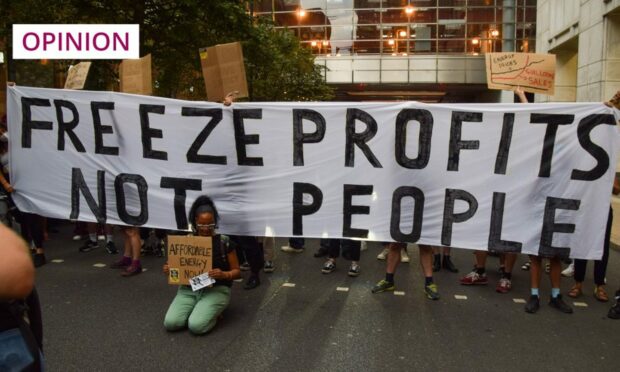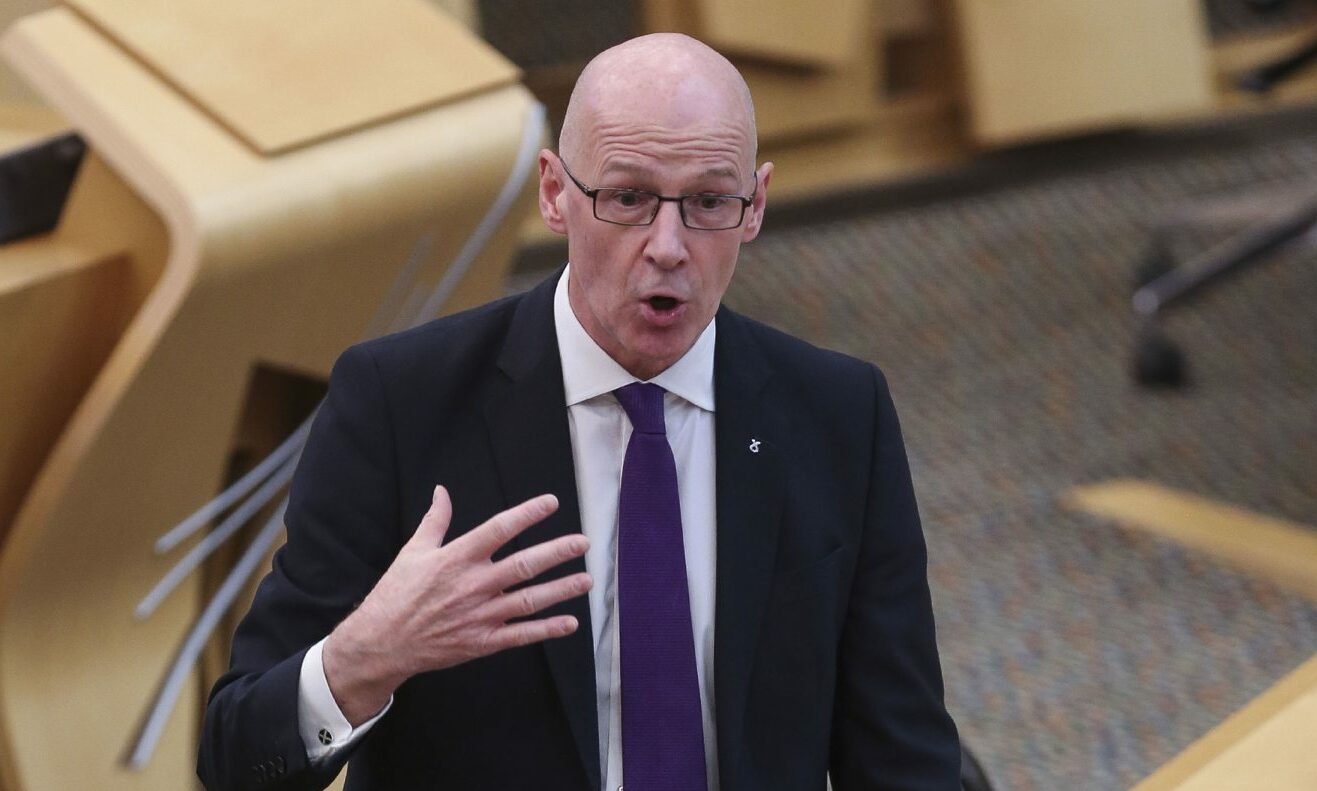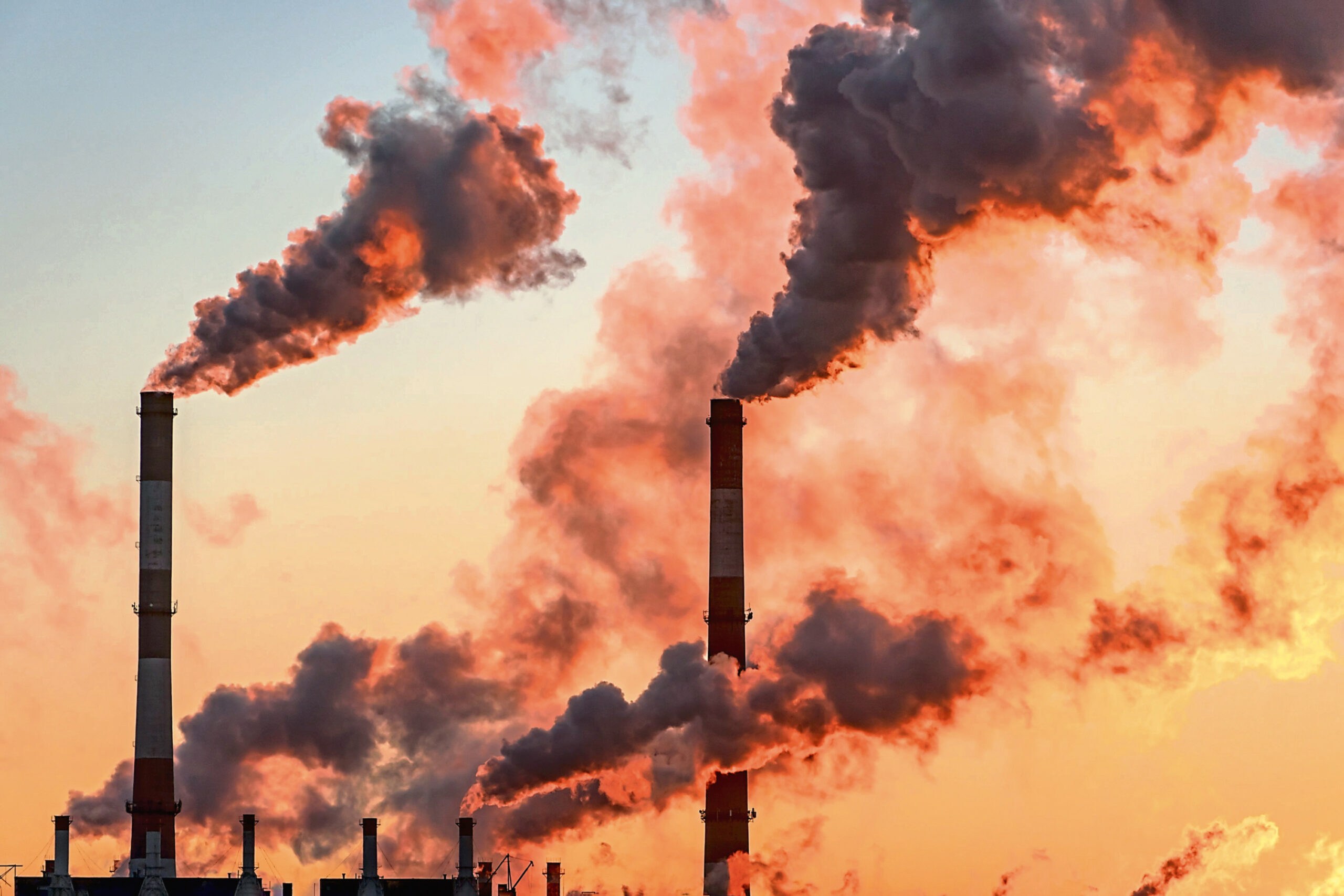Unable to sleep, I was flicking through the TV channels in the wee hours recently when I came across an ELO concert from 2017.
I sat, captivated, for the full thing – Jeff Lynne’s orchestral pop opuses, as much a part of our musical DNA as Beatles tunes and Stones romps. His large band of younger musicians, most of whom weren’t born when Lynne started out, were extraordinary.
But what really got to me was the Wembley crowd. There were tens of thousands of them, old groovers, middle-aged mums and dads, cool 20-somethings and younger kids, lost in the music, dancing in the aisles, hugging and beaming and just having fun together.

By the time they reached Xanadu, I was struggling to keep it together. The contrast of that happy, united, carefree evening with the cold, stormy world around us today felt pretty devastating.
Maybe I just needed some sleep. Maybe the point is trivial. After all, this was one year after the Brexit referendum – the country was hardly one big happy family. But, still…
Where are today’s good times coming from? On every front, the news is grim and the projections worse.
Our politics, and our politicians, are not up to it
This winter is going to be horrible for all but the wealthiest; perfectly decent businesses seem likely to go to the wall, taking much-needed jobs with them; the NHS is facing calamity, with increasing waiting lists and staff at the end of their tether; strike seems likely to follow strike as public sector workers seek pay deals to help them through the crisis.
In the meantime, there is the sense that our politics, and our politicians, are not up to it. We have been waiting months for the Conservative Party to choose a successor to the ridiculous, over-promoted Boris Johnson. The likely winner, Liz Truss, is throwing out ever-loopier proposals to meet the economic threat, none of which will have given the poorest much succour so far.
In Scotland, we have a devolved government that is shamefully avoiding responsibility for its part in the crisis, instead predictably blaming a mixture of councils and Westminster. The first minister has been strangely and noticeably absent, in a way she wasn’t during the worst of the Covid pandemic. The limitations of John Swinney as a national figure are brutally exposed every time he opens his mouth.
But, if our politicians are not up to the job, what does that say about the rest of us? Should we get a free pass? For decades, our society has been obsessed with the trivial, from the most callow and empty forms of celebrity, to choosing national leaders on their ability to make us laugh.
Paying the price for avoidance
We have wrapped ourselves in quasi-religious questions of identity – surely the luxury of a pampered society – that, compared to the real purpose of politics, simply don’t matter that much.
We have an energy crisis which is more poisonous than it need be, due to decades of poor infrastructure planning by here-today-gone-tomorrow ministers
Whether Brexit or Scottish independence, we have reduced national debate to cliched binaries, distorting our democracy and our elections in terrible ways, where discussions about, say, looking after the elderly better or providing a quality education for every child come far down the list of priorities. Never mind the life chances, feel the nationalism.
It has been one big game of avoidance, for which we are now beginning to pay a harsh price. A trivialised society has elected trivial politicians. Those politicians have either lacked the facility to address the big issues of the age, or have regarded them as too difficult and sought to distract us with bread and circuses.
Hence, we have an energy crisis which is more poisonous than it need be, due to decades of poor infrastructure planning by here-today-gone-tomorrow ministers. Decisions about nuclear, renewables, storage, and diversification were just too tricky.
In Scotland, oil made the case for independence, until it didn’t. Though, now, it kind of does again, although the SNP administration still doesn’t want more of it, apparently – the calculation, in case it isn’t clear, isn’t how this affects the voter, but how it affects the case for breaking up the UK.
We did this to and with each other
The ongoing collapse of the NHS has been generations in the making, with politicians on all sides playing short-term games for immediate party advantage. There has been no real thought for the national interest or a sustainable future as the service has decayed.
Big statements have been made about a national care service for our ageing society, but the funding has never truly been found, and the idea continues to be a slogan more than a reality.
Again and again, when you look at the issues now besetting us, they have all been exacerbated by poor planning and trivialised politics over the past generation. The big subjects have simply been “too hard” to tackle, the pampered electorate unprepared for sacrifice, the competing ideologies too beguiling, the threat to personal advancement too great, to actually get much done.
We, the people, and they, the politicians, have done this to and with each other. And we will now make those sacrifices we have so recklessly avoided in desperation and a state of emergency, because, finally, we have been left with no choice. The easy years are over, and it will be a long time before we can dance together again.
Chris Deerin is a leading journalist and commentator who heads independent, non-party think tank, Reform Scotland




Conversation